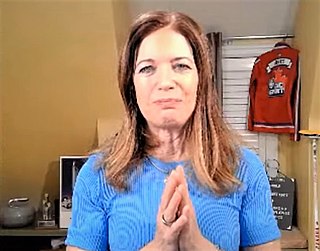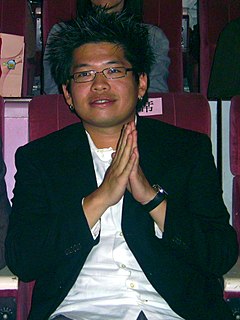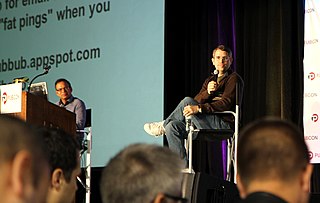A Quote by Tom Peters
Authors and publishers want fair compensation and a means of protecting content through digital rights management. Vendors and technology companies want new markets for e-book reading devices and other hardware. End-users most of all want a wide range and generous amount of high-quality content for free or at reasonable costs. Like end-users, libraries want quality, quantity, economy, and variety as well as flexible business models.
Quote Topics
Amount
Authors
Book
Book Reading
Business
Business Model
Business Models
Companies
Compensation
Content
Costs
Devices
Digital
Economy
End
Fair
Flexible
Free
Generous
Hardware
High
High-Quality
Libraries
Like
Management
Markets
Means
Models
Most
New
Other
Protecting
Publishers
Quality
Quantity
Range
Reading
Reasonable
Rights
Technology
Through
Users
Variety
Vendors
Want
Well
Wide
Wide Range
Related Quotes
A lot of people want to have market share numbers, lots of users, because that's how they view their self worth. For me, one of the most important things for Linux is having a big community that is actively testing new kernels; it's the only way to support the absolute insane amount of different hardware we deal with.
What I will be remembered for are the Foundation Trilogy and the Three Laws of Robotics. What I want to be remembered for is no one book, or no dozen books. Any single thing I have written can be paralleled or even surpassed by something someone else has done. However, my total corpus for quantity, quality and variety can be duplicated by no one else. That is what I want to be remembered for.
One other specific piece of guidance we've offered is that low-quality content on some parts of a website can impact the whole site’s rankings, and thus removing low quality pages, merging or improving the content of individual shallow pages into more useful pages, or moving low quality pages to a different domain could eventually help the rankings of your higher-quality content.



































